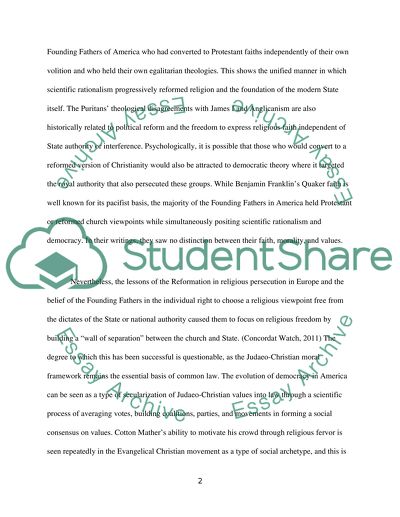How did religious beliefs justify and disrupt the inherited social Essay. Retrieved from https://studentshare.org/religion-and-theology/1581165-how-did-religious-beliefs-justify-and-disrupt-the-inherited-social-order
How Did Religious Beliefs Justify and Disrupt the Inherited Social Essay. https://studentshare.org/religion-and-theology/1581165-how-did-religious-beliefs-justify-and-disrupt-the-inherited-social-order.


